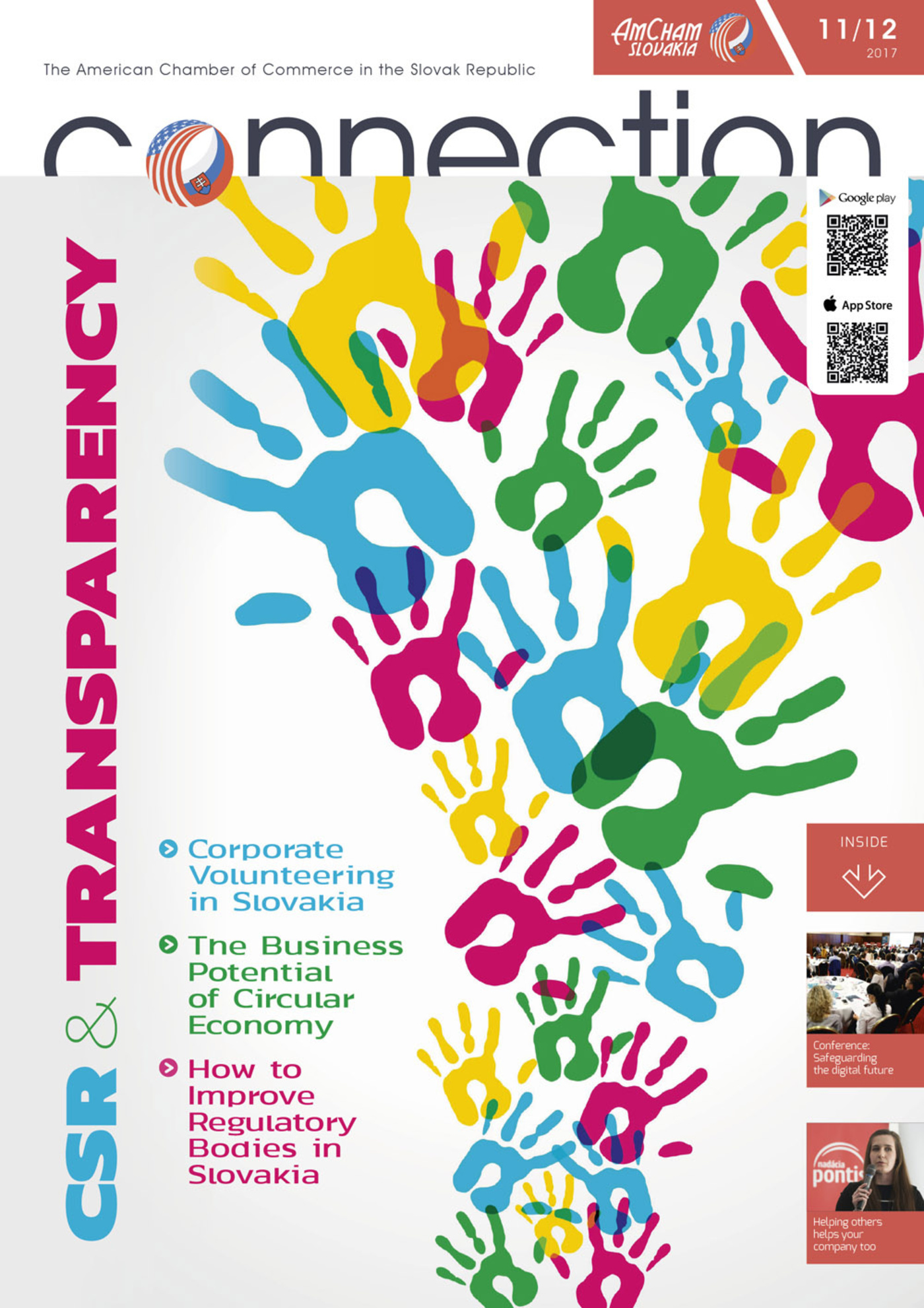While on average, the independence and accountability of eight key control and regulatory institutions in Slovakia – The Office for Public Procurement (ÚVO), the Supreme Audit Office (NKÚ), Network Industries Regulatory Office (ÚRSO), the Anti-Monopoly Office (PMÚ), the Healthcare Surveillance Authority (ÚDZS), National Bank of Slovakia (NBS), Regulatory Authority for Electronic Communications and Postal Services (RÚ) and the Council of Budget Responsibility (RRZ) – increased since their establishment, a number of problems remains unsolved.
Based on best practices abroad and the history of building Slovak regulatory institutions, we propose three main recommendations:
1. Implement public hearings as a mandatory part of the selection of new heads of regulatory bodies
Independence of regulatory bodies can be best achieved by appointing independent and expert leadership. The notion of having the opposition run the control bodies failed in the current polarized political atmosphere both at the theoretical and practical level. Given that the length of mandates of chairs does not coincide with the elections, any head would be leading the authority even after a change of government. Moreover, these bodies control not only the central government but also local governments, which means they are in charge of monitoring institutions run by politicians of all parties. Moreover, in practice the opposition either failed to unite on a single candidate, or the government helped elect the candidate of a smaller opposition party, most likely as part of a larger political deal.
However, the first public hearings used to choose ÚVO chairs came also short. It is easy to use the process of public hearing and yet fix the result beforehand. Therefore, to minimize political influence, we suggest to introduce a shortlist stage whereby an expert-led committee would choose top candidates and the parliament would be able to choose only from among them.
2. Institute both pre- and post-employment restrictions for Chairs and their deputies with relation to regulated bodies and political positions
To safeguard the independence of leadership of regulatory bodies, we propose to restrict the possibility to come to and from both regulated industries and politics, two key areas of conflict of interest. In the post-employment phase this can be supported with extra income to retired heads, or a job offer to remain with the authority for two or three years after the end of the tenure. Regulatory bodies should start tracking the post-employment of its former managers and publish it regularly in their annual reports.
3. Eliminate the possibility to remove heads of regulatory bodies on vague reasons
Flexibility in removing the chairs of regulatory authorities paves the way for successful political pressure. Currently, the law enables to dismiss the chair of ÚRSO for any reason related to “undermining the independence” of the institution. ÚDZS heads are vulnerable for similar reasons. No ÚDZS head finished his or her mandate in its full length since the establishment of the office in 2004.
Another change to be considered is limiting the mandates to single but longer terms (only RRZ has such restrictions). The possibility of two terms weakens the independence since the chair or board members may dampen their criticism in search of reelection. The downside of such a policy is a further narrowing down of suitable candidates for top regulatory jobs.
Similarly, spreading the right to nominate/appoint the heads of control institutions among the government, parliament and the president might eliminate politically over-connected candidates. RRZ has taken such a route. It is the president who currently has the weakest role of all three bodies (no role in ÚVO, ÚDZS, RÚ and NKÚ appointments). Strengthening the president’s role in nominations might lead to better appointments. However, it might also lead to clashes and vacant positions. The Slovak constitutional court has been running at 75% of its staff capacity for over three years now after the president refuses to appoint judges elected by the parliament.
Overall, however, it is clear that general political culture will bear a heavy influence on how independent and accountable the regulatory bodies in Slovakia become in the future. No elaborate system of checks and balances will prevent regulatory bodies from bending to political or private interests if the appointees feel that is the way business is done. While Slovakia has made some progress since the 1990s, there is certainly much yet to be done.
Gabriel Šípoš, Director, Transparency International Slovakia
Richard Hoda, Analyst, Transparency International Slovakia



Follow us